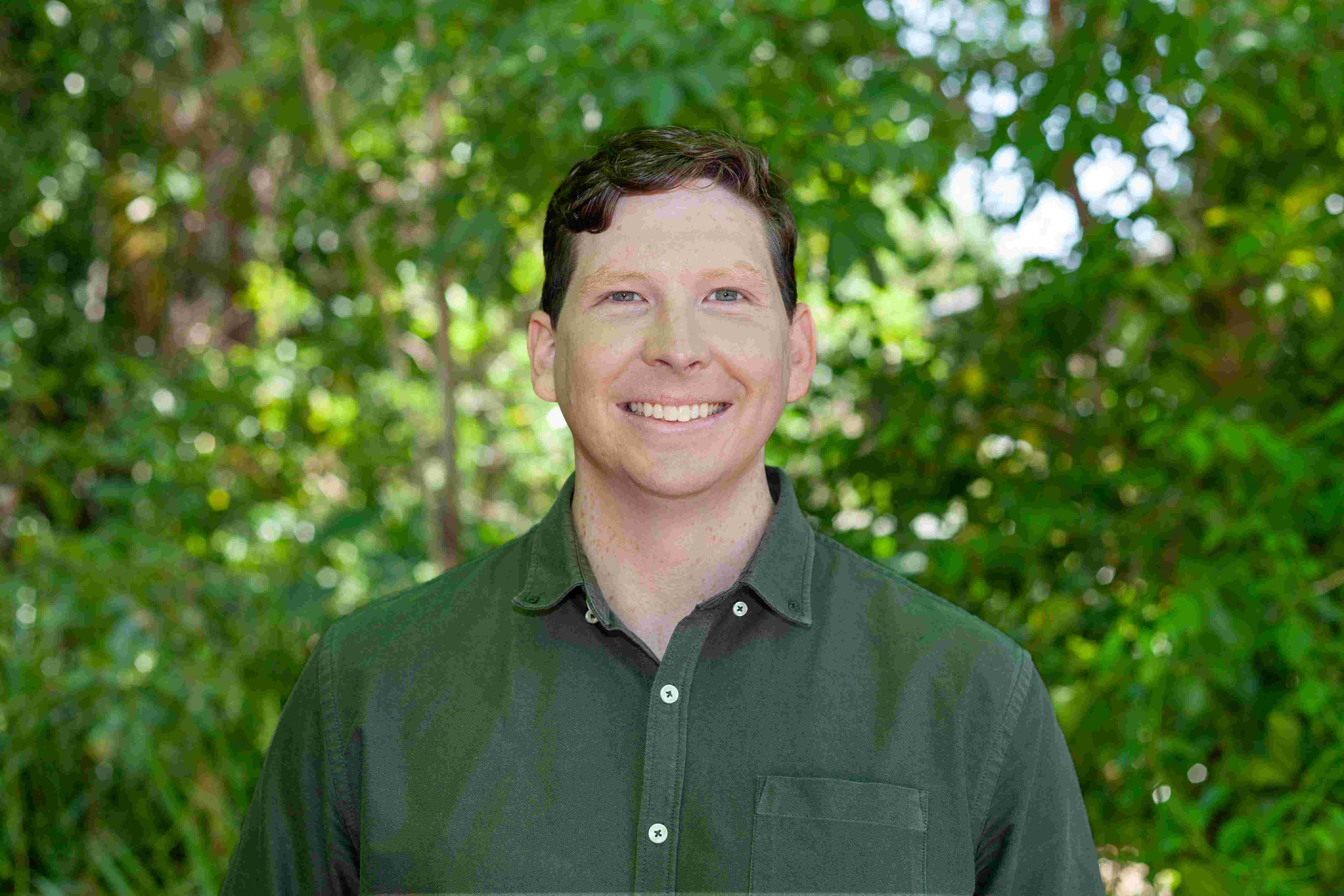
Greg Boyle
- gregory.boyle@jcu.edu.au
- Senior Lecturer, Physics
Projects
2
Publications
24
Awards
0
Biography
Dr Boyle’s research career began in 2010,
investigating the transport of positrons and electrons in simple dilute gas,
dense gas, and liquid systems. Under the supervision of Prof. Ron White, the
theoretical framework and numerical tools developed formed the basis of his PhD
thesis (“The modelling of non-equilibrium light lepton transport in gases and
liquids”) and became a major theme of his subsequent research career. During this
time, Dr Boyle was a frequent participant and contributor to the Centre for
Antimatter-Matter Studies (CAMS) ARC Centre of Excellence, which offered an
excellent opportunity to engage with prominent national and international
researchers.
After being awarded a PhD in 2016, Dr Boyle worked as
a casual lecturer in Mathematics and Mechanical Engineering at JCU, while
simultaneously acting as a research officer for Prof. White. In February of 2017,
he transitioned into a full-time position lecturing with a focus on fluid mechanics and thermodynamics. His research during this
time culminated in “A multi-term solution of the space-time Boltzmann equation
for electrons in gases and liquids”, which remains the state of the art, and
the later published “Positron scattering and transport in liquid helium” which
represented the first ab initio treatment of positron scattering in
liquids and the first inclusion of bulk effects on positron annihilation.
In February of 2018, Dr Boyle accepted a position at
the Deutches Elektronen Synchtron DESY in Hamburg, Germany, as a DESY Fellow in
Experimental Physics. For the next four years, he worked as one of the few
theoreticians/simulation specialists in the predominantly experimental Linear
Accelerator Technologies group, developing next-generation compact plasma-based
particle accelerators. The close cooperation between the theoretical and
experimental sides of the project were particularly inspiring, as well as the
fantastic working environment and extensive international research
partnerships, all of which were a formative experience for Dr Boyle’s
subsequent research strategies. The result of this close collaboration between
theory and experiment were a number of high-impact papers in prestigious
journals including “Recovery time of a plasma-wakefield accelerator” and
“High-resolution sampling of beam-driven plasma wakefields” published in Nature
and Nature Communications, respectively.
In January of 2021, Dr Boyle took up a full-time
lecturing position in physics at JCU. The teaching and research has allowed him to further leverage JCU’s strong tradition in electron and
positron transport research, while maintaining the international collaborations
established during his time in Germany. One of Dr Boyle’s new research focuses
is bringing new computational techniques from the field of machine learning,
such as artificial neural networks, to bear on traditional charged-particle
transport problems.
Following from his experience at DESY, he is actively
engaging with experimental research at ANU and ANSTO.
